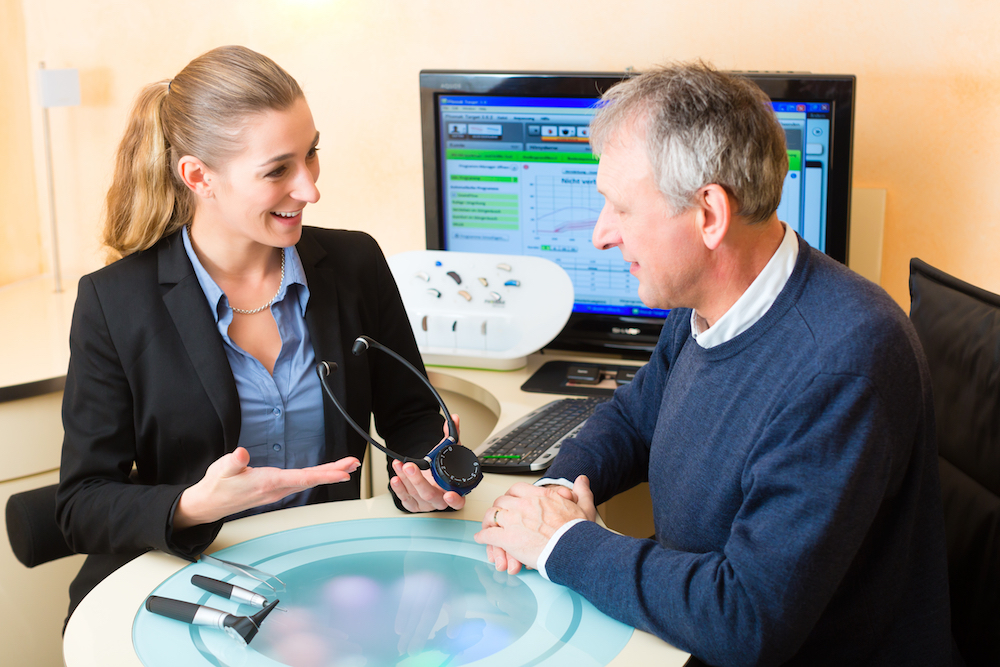5 Common Hearing Loss Myths
Hearing loss is a serious issue that affects millions of people all around


Hearing loss is a serious issue that affects millions of people all around

If you're one of the millions of people who use hearing aids, then you

Did you know that your hearing affects your balance? It's true! In